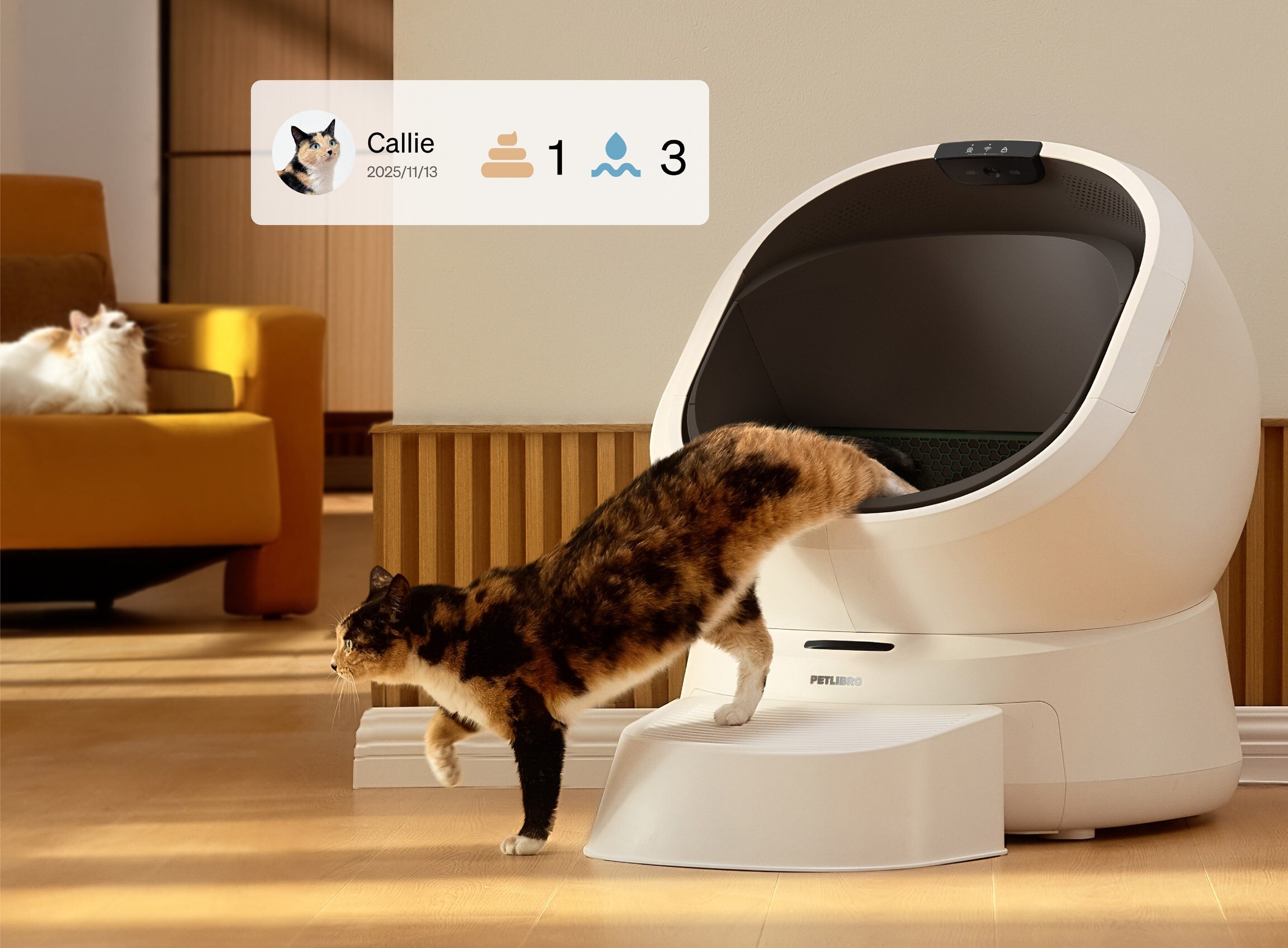Offensive AI videos of Martin Luther King Jr. forced OpenAI’s hand this week. The company restricted Sora from generating any content depicting Dr. King after his estate requested intervention. The decision came after disturbing videos surfaced showing the civil rights leader making monkey noises and staging fights with other historical figures.
This marks the first time a major AI video platform has implemented targeted restrictions for specific individuals based on family requests. The precedent signals a watershed moment where digital respect finally catches up with technological capability.
The Bigger Picture Problem
Similar concerns emerge for other deceased celebrities and public figures.
Robin Williams’ daughter publicly asked users to stop generating videos of her late father using Sora. Yet celebrity deepfakes remain rampant across the platform. Videos featuring Bob Ross, Whitney Houston, and popular cartoon characters reportedly flood the service with little oversight.
The inconsistent enforcement highlights how AI platforms struggle to balance creative freedom with respect for digital legacies. Your favorite deceased comedian becomes fair game while civil rights icons get protection – the logic feels arbitrary at best.
New Safeguards Take Shape
Authorized representatives gain power to control digital likenesses.
OpenAI’s new policy allows estate representatives and authorized family members to request specific content blocks. The company emphasized that public figures and their families should be able to control how their likeness is used in digital media, even while recognizing free speech interests in depicting historical figures.
This represents a significant shift from the tech industry’s typical hands-off approach to user-generated content. The balance between protecting individuals and preserving free speech remains delicate territory, especially when historical scholarship meets social media creativity.
Industry Precedent Forms
Other AI platforms likely to adopt similar protections.
The MLK restriction signals rapid policy evolution under public pressure. OpenAI reportedly develops additional granular controls for copyright holders and estates. Other generative AI platforms will likely implement comparable safeguards to avoid similar controversies.
The move could standardize how digital representations get governed across platforms. Think of it as the moment when AI content creation grew up and realized actions have consequences – even digital ones.
Your AI Future Changes
Content creators face new limitations as respect trumps creativity.
These restrictions reshape how you’ll use AI video tools for historical content or celebrity references. While the technology enables unprecedented creative possibilities, cultural sensitivity increasingly defines acceptable use. The incident demonstrates that even cutting-edge AI platforms must navigate the intersection of innovation and human dignity.
Digital legacy protection just became as important as the algorithms themselves. Your creative projects now need an ethics filter alongside the technical specs.




























